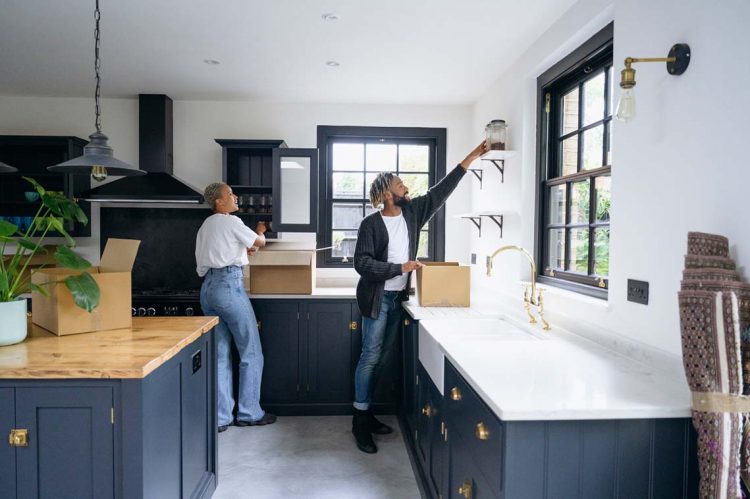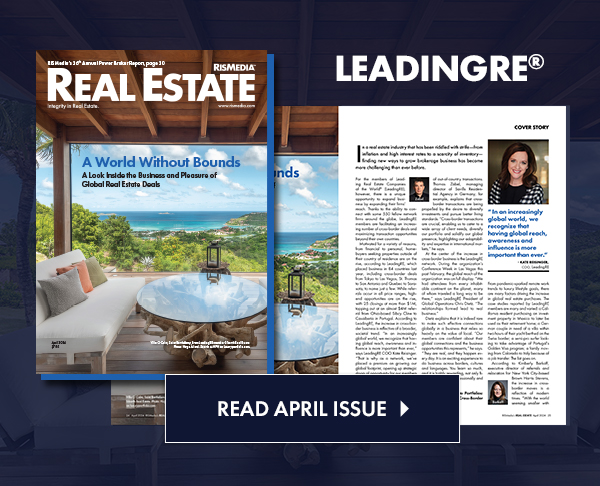When discussing the issue of racial income and wealth inequality as it relates to the U.S. housing market, Housing & Urban Development (HUD) Secretary, Marcia Fudge recently noted that the homeownership gap between Black and white households has actually increased in the U.S. since landmark Civil Rights victories in the late 1960s. Today experts say the COVID-19 pandemic has only further exacerbated the issue.
In a recent study highlighting a key economic area in which Black Americans are often disadvantaged, LendingTree analyzed U.S. Census Bureau data on homeownership rates for Black residents in the nation’s 50 largest metropolitan areas. Specifically, the study compared the share of homes owned by those who identify as Black to the population of Black residents in each metro. The study found that Black Americans own a disproportionately small share of homes in these metros.
Key findings:
- Black Americans make up 15% of the population across the nation’s 50 largest metros, but they only own 10% of owner-occupied homes. For comparison, white Americans across the nation’s 50 largest metros account for 64% of the population—yet they own 76% of owner-occupied houses.
- Black Americans tend to make up a larger share of the population in metros with the largest differences between the percentage of Black owner-occupied homes and the portion of the population that identifies as Black. In contrast, areas with smaller Black populations often see more proportionate homeownership rates among Black residents.
- San Jose, Calif., has the smallest difference between the share of homes owned by Black residents and the share of the population that’s Black. In the metro, 2.41% of the population identifies as Black, while Black homeowners own 1.38% of owner-occupied homes. That’s a difference of 1.03%. Los Angeles and Salt Lake City have the next-smallest differences at 1.31% and 1.32%.
- Memphis, Tenn., has the biggest difference between the share of homes owned by Black residents and the share of the population that’s Black. In Memphis, Black residents make up 47.37% of the population—the largest among any race in the metro. However, they own only 35.05% of occupied housing units in the metro, resulting in a disparity of 12.32%. Just ahead of Memphis at the bottom are Milwaukee (9.96% disparity) and New Orleans (9.35%).
Contributing factors:
The LendingTree study highlights several potential contributing factors. For example, according to the latest Census Bureau estimates, the median household income for those who identify as Black is $45,870. That’s almost $30,000 less than the $74,912 median income for white households. Black Americans also generally have less household wealth than other races; often have greater difficulty accessing traditional credit and banking services and are more likely to be denied a mortgage than members of other races, the report states.
Further, the legacies of historical policies meant to disenfranchise Black homebuyers, like “redlining,” have had a long-lasting impact that still contributes to the disproportionately low homeownership rates among Black Americans today.
The report additionally notes that while these examples can shed some light on why homeownership rates are relatively low for Black Americans, they’re not all the reasons why a person who identifies as Black may struggle to become a homeowner. And, ultimately, a wide variety of socioeconomic factors continue to drive this unfortunate trend.
The takeaway:
“Unfortunately, the issue of low homeownership rates among Black Americans is unlikely to be resolved anytime soon,” said Jacob Channel, LendingTree senior economic analyst. “This is especially true given that the COVID-19 pandemic has had a disproportionately large economic impact on Black Americans, and may make it even more difficult for some who identify as Black to buy a home. Even if they own a home, many Black Americans still face housing-related challenges. For example, 32% of Black homeowners reported that they felt their home was undervalued by an appraiser in a recent LendingTree survey.”
To read the full report, including tips for black homebuyers and breakout data from the metro rankings, click here.











